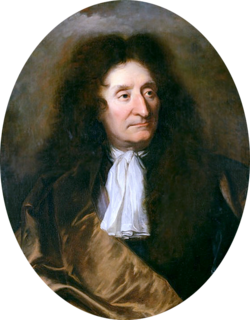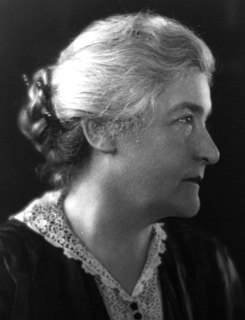A Quote by Desiderius Erasmus
Man's mind is so formed that it is far more susceptible to falsehood than to truth.
Related Quotes
The person who imagined that he could not be the victim of propaganda because he could distinguish truth from falsehood, is extremely susceptible to propaganda, because when propaganda does tell the truth, he is then convinced that it is no longer propaganda: moreover, his self-confidence makes him all the more vulnerable to attacks of which he is unaware.
There is no such thing as absolute truth and absolute falsehood. The scientific mind should never recognise the perfect truth or the perfect falsehood of any supposed theory or observation. It should carefully weigh the chances of truth and error and grade each in its proper position along the line joining absolute truth and absolute error.
There is no doubt that truth is to falsehood as light is to darkness; and so excellent a thing is truth that even when it touches humble and lowly matters, it still incomparably exceeds the uncertainty and falsehood in which great and elevated discourses are clothed; because even if falsehood be the fifth element of our minds, notwithstanding this, truth is the supreme nourishment of the higher intellects.
I believe that there is something far nobler than loyalty to any particular man. Loyalty to the truth as we perceive it - loyalty to our duty as we know it - loyalty to the ideals of our brain and heart - is, to my mind, far greater and far nobler than loyalty to the life of any particular man or God. . . .
The Truth is far more all-encompassing than the mind could ever comprehend. No thought can encapsulate the Truth. At best, it can point to it. For example, it can say: "All things are intrinsically one (The Pearl of Great Price)." That is a pointer, not an explanation. Understanding these words means feeling deep within you the truth to which they point.








































